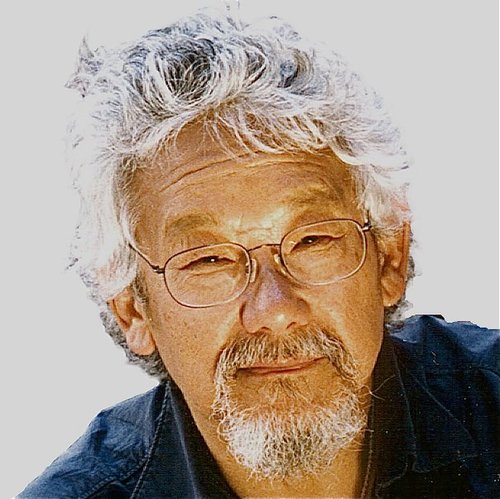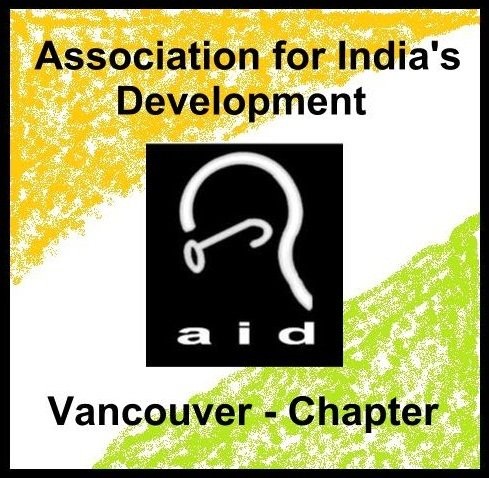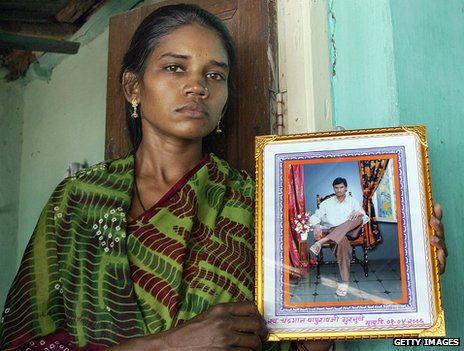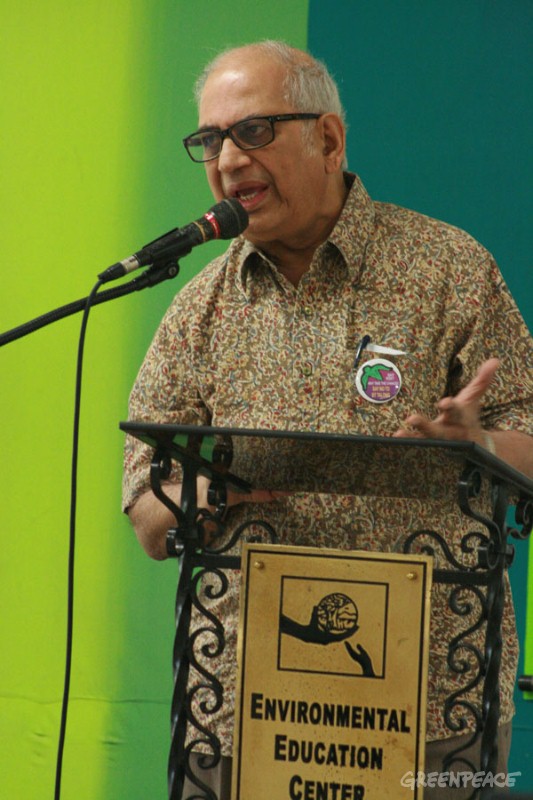When I first arrived in British Columbia years ago and tried to form a group of people that supported holistic agriculture and wished to help the poor farmers in India that might be going the wrong path of chemical dependent high cost and debt-ridden agro-industrial model, many cautioned me that there was a lack of interest among Indian expatriates, to support sustainable living efforts either back in India or here in Canada. As a result, a very small slice of the Indian diaspora settled in any area ever get to be members of the NGO groups in the US such as AID (Association for India’s Development).
This has also been our experience in Vancouver while trying to register a similar body. On average one out of every twenty thousand or so expatriate Indians might show a cursory interest in the plight of the farmers in India.
In order to break out of that shackling restriction, I had been checking if support might come from local Canadians.
My primary interest has been related to agriculture one way or another, and the GM crop issue (Genetically modified seed crop) piled up on top of it since it is a rather recent phenomena. And in this area, I find that there is a lot of overlap of interest for Indians, Canadians and Americans.
All are facing the menace of GMO. While the battle for the major crops in North America is already over, and the people as well as agro-environment have lost and the corporations won – the issue in India is far from settled. In fact, India is shaping up to be the epicenter of the battle, as Argentina and Brazil have already caved in meekly, and China is watching from the sidelines.
Further, it is perhaps not an exaggeration to state that the Civil Society in India is doing a fantastic job of resisting the onslaught of GMO brought about by corporate interest with the collusion of corrupt Indian politicians.
But India is also facing some quarter million farmer suicides, an unbelievable number. In fact, for a tenth of that number, any other country would likely have had a revolution by now. Unfortunately in India, the root cause and effect of the farmer suicide is not a national hot topic. The upwardly mobile Indian yuppy class is busy with Cricket and Bollywood and whatever else it is busy with. Farmers are outside radar range of the Indian affluent society.
However, the fact is perhaps slowly sinking in among Canadians I speak with, and I speak with quite a few, that India might be the epicenter of the war against GMO, and if India wins its battle, Canadians and others might also benefit, in the long run.
So I decided to join hands with Canadian civil society efforts to resist GMO in Canada, starting with the lower mainlands area around Vancouver, and extending out to British Columbia and Canada.
In the past one month, I have managed to get favorable response and establish a sort of communication channel and relationship with at least one MP, one MLA, a number of city councillors for various towns in the region, been included in group list for CBAN (Canadian Biotechnology Action Network – a group based in Ottawa for all of Canada to fight all kinds of GMO, whether food or not, from the Canadian landscape), been a member of GE free BC (GE = Genetically Engineered, BC = British Columbia).
I have been asked to speak a few times at the town hall of Langley after film shows on the harmful effects of GMO. I might speak again on the 11th of April about grassroots work being done by various people on various fronts in different towns in the region, towards raising awareness on GMO and sending a message to the Govt to label GMO and hopefully ban it from Canada in future.
I am invited to two or three meetings in the coming weeks with City Councillors of Surrey, and White Rock, to specifically discuss pros and cons of how to get these towns declare themselves GM free and what kind of message that would send and how to acquire some legal teeth on it.
I am invited to engage with farmland support group and local farmer initiatives to join in on meetings to discuss some of the overlapping issues connecting local farmer going out of business, globalization in food supply, GMO and patented seed monopoly, chemical dependence, and health.
I wrote an email to the Surrey MLA Mr. Jagrup Brar requesting for a meeting of concerned citizens on the possibility of having Surrey declare itself GMO free. Such a resolution, already passed by Richmond, BC, and many other communities in British Columba, may not have legal teeth, but would hopefully send a strong message, raise awareness and have beneficial effect in the long run. I have not received any response yet, but am hopeful.
I did write to Ms Lana Popham, an MLA from Saanich south in Vancouver island, who is trying to block introduction of Arctic (GM) apple into BC farms. She was prompt enough to respond as well as acknowledge our concerns.
I have become a sort of member of a local farm, God’s Little Acre Farm, run by Jas Singh, who produces GMO free and “almost” chemical free, (5% chemical use compared to conventional farms) vegetables, and am planning to make arrangements such that our whole years vegetables may come from there instead of from superstores.
I am going that way with realization that a lot of local farmers have closed shop in the last few decades with the arrival of food superstores that use globalization, importing food from far off lands and shutting out local small farmers. This causes a double whammy of shooting up my carbon footprint on this planet and same time shutting out local farmers and ruining a local self sustaining community and farm economy.
I have written to the food superstores such as Saveon, Safeway, and Thrifty Foods, asking if they will have all GMO food labelled and segregated in their stores. Only Thrifty Foods responded by calling back to check our opinion. I hope more would call them up and entice them to make the move towards labeling and segregating GM food for easy identification of the consumer. I believe it is a basic right of every human to have information on what he or she is eating.
in their stores. Only Thrifty Foods responded by calling back to check our opinion. I hope more would call them up and entice them to make the move towards labeling and segregating GM food for easy identification of the consumer. I believe it is a basic right of every human to have information on what he or she is eating.
I have communicated with Mr. David Suzuki on the sustainable farming and potential harm of GM crops in Canada as well as in India. I have received an encouraging response from Mr. Suzuki who is focussing, among other things, on raising awareness against the potential danger of introducing GM crops into our diet without knowing what long term adverse effects it is likely to have on general health.
In the process, a whole wide vista has opened up before me. Earlier, I was getting frustrated at the lack of enthusiasm among the well settled and affluent Indian diaspora in helping their less fortunate brothers back in India. But now I find a whole lot more sympathetic Canadians trying to unify under a common cause.
It has cheered me up and help re-establish a belief in our joint future.
I do not know yet how I might get some of that sympathy, energy, effort and fund raising to channel also towards AID Vancouver. But I believe that sympathetic folks usually help each other out. That is why people from Surrey and Delta are invited to Vancouver Anti-GMO meetings and why Canadians join hands with Americans to fight Monsanto in petitions and pickets and organic farm supports.
I hope that it all will eventually work out, and that the compassionate Canadian people will find it in their heart to also help out a less fortunate Indian farmer.
Tony Mitra


